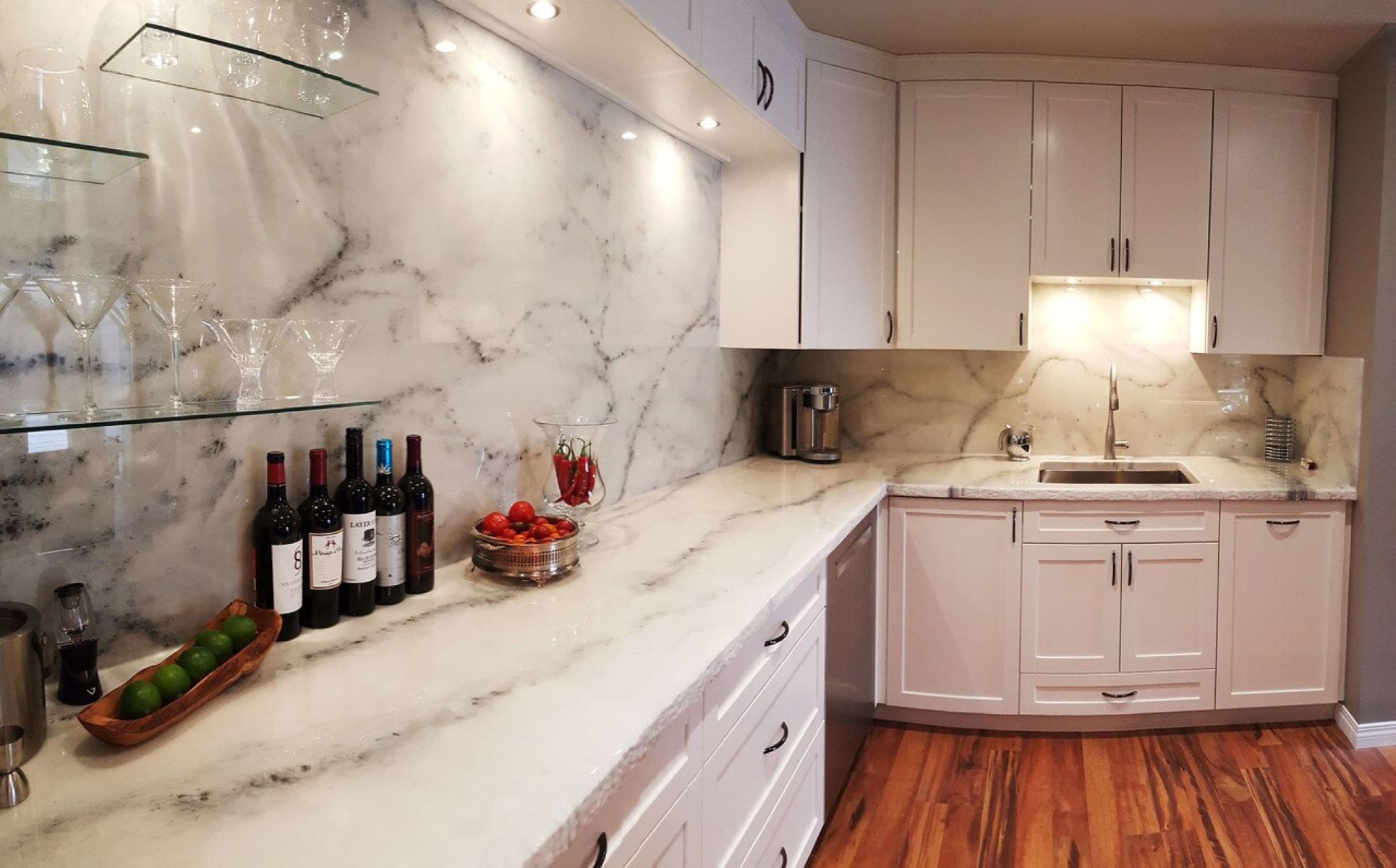

Articles
How Long Does Epoxy Countertops Last
Modified: December 7, 2023
Looking for articles about how long epoxy countertops last? Discover everything you need to know about the durability and lifespan of epoxy countertops in this informative guide.
(Many of the links in this article redirect to a specific reviewed product. Your purchase of these products through affiliate links helps to generate commission for Storables.com, at no extra cost. Learn more)
Introduction
Epoxy countertops have gained immense popularity in recent years due to their sleek appearance and durability. Designed to withstand heavy use and resist stains and scratches, epoxy countertops offer a modern and versatile solution for both residential and commercial spaces.
In this article, we will explore the lifespan of epoxy countertops and the factors that can affect their longevity. We will also provide tips on how to extend the lifespan of your epoxy countertops, ensuring that they remain beautiful and functional for years to come.
Before diving into the details, let’s first understand what epoxy countertops are and how they differ from other countertop materials.
Key Takeaways:
- Epoxy countertops can last 10-20 years with proper care, quality materials, and skilled installation. Regular maintenance, avoiding harsh chemicals, and protecting the surface from scratches and heat can significantly extend their lifespan.
- Signs of wear and tear on epoxy countertops, such as scratches, stains, and discoloration, should be addressed promptly to prevent further damage. Following proper cleaning and maintenance practices, using cutting boards and hot pads, and avoiding common mistakes can help keep epoxy countertops looking beautiful and functional for years to come.
Read more: How Long Does Epoxy Floor Last
Understanding Epoxy Countertops
Epoxy countertops are made by combining epoxy resin with a hardener, creating a highly durable and glossy surface. This mixture is then poured onto a prepared substrate, such as wood, concrete, or laminate, and left to cure. The result is a smooth and seamless countertop that can mimic the appearance of natural stone or create a unique, artistic design.
Compared to other popular countertop materials like granite, quartz, or laminate, epoxy countertops offer several advantages. Firstly, they tend to be more affordable, making them a cost-effective option for homeowners on a budget. Secondly, they are highly customizable, allowing you to choose from a wide variety of colors, patterns, and finishes to suit your individual style and design preferences.
Epoxy countertops are also highly resistant to heat, stains, and scratches, making them an ideal choice for busy kitchens and high-traffic areas. Additionally, they are non-porous, meaning that bacteria and other contaminants cannot penetrate the surface, making them hygienic and easy to clean.
However, like any other countertop material, epoxy countertops are not invincible and require proper care and maintenance to ensure their longevity. Understanding the factors that can affect the lifespan of epoxy countertops is crucial in making an informed decision and maximizing their durability.
Key Takeaways:
- Epoxy countertops can last 10-20 years with proper care, quality materials, and skilled installation. Regular maintenance, avoiding harsh chemicals, and protecting the surface from scratches and heat can significantly extend their lifespan.
- Signs of wear and tear on epoxy countertops, such as scratches, stains, and discoloration, should be addressed promptly to prevent further damage. Following proper cleaning and maintenance practices, using cutting boards and hot pads, and avoiding common mistakes can help keep epoxy countertops looking beautiful and functional for years to come.
Read more: How Long Does Epoxy Floor Last
Understanding Epoxy Countertops
When it comes to choosing the right countertops for your kitchen or bathroom, epoxy countertops have become a popular choice for their unique characteristics. Let’s take a closer look at what epoxy countertops are and how they differ from other countertop materials.
Epoxy countertops are created by combining epoxy resin with a hardener, resulting in a strong, durable, and glossy surface. This mixture is then poured onto a prepared substrate, such as wood, concrete, or laminate, and left to cure. The final result is a smooth and seamless countertop that can resemble the appearance of natural stone or incorporate custom designs and colors.
One of the key differences between epoxy countertops and other materials like granite or quartz is the level of customization they offer. With epoxy, you have endless possibilities to create a one-of-a-kind countertop that perfectly suits your style and preferences. Whether you envision a bold and vibrant design or a subtle, elegant look, epoxy allows you to bring your creative ideas to life.
Epoxy countertops also stand out for their durability. They are highly resistant to scratches, stains, and heat, making them suitable for busy kitchens and high-traffic areas. Unlike natural stone countertops, epoxy is non-porous, meaning it does not absorb liquids, preventing the growth of bacteria and making it easy to clean and maintain.
Another advantage of epoxy countertops is their affordability compared to other materials like granite or quartz. Epoxy offers a cost-effective solution without compromising on style or functionality. This makes it a popular choice for homeowners who want to achieve a high-end look on a limited budget.
One thing to keep in mind is that, while epoxy countertops offer many benefits, they may not have the same natural and organic feel as materials like granite or marble. Epoxy countertops have a distinct appearance, and some people prefer the unique patterns and variations found in natural stone.
Overall, epoxy countertops are a versatile and durable option that allows for customization, making them an excellent choice for homeowners looking to add style and functionality to their space. With proper care and maintenance, epoxy countertops can provide years of beauty and functionality in your kitchen or bathroom.
Factors Affecting the Lifespan of Epoxy Countertops
The lifespan of epoxy countertops can vary depending on several factors. Understanding these factors will help you make informed decisions when choosing, installing, and maintaining your epoxy countertops. Let’s take a closer look at the key factors that can influence the lifespan of your epoxy countertops:
1. Quality of Materials Used:
The quality of materials used in the creation of epoxy countertops plays a significant role in their durability. High-quality epoxy resin and hardeners ensure a strong and resilient surface that can withstand daily use and resist wear and tear over time. It is essential to invest in reputable suppliers and manufacturers that offer reliable and long-lasting materials to ensure the longevity of your countertops.
2. Installation Technique and Skill:
The installation of epoxy countertops requires precision and expertise. Proper surface preparation, accurate mixing of the epoxy resin and hardener, and meticulous application are critical to achieving a flawless and durable finish. Hiring skilled professionals or following detailed installation instructions if you choose to install them yourself is crucial to ensure the countertops are installed correctly and will last for years to come.
3. Level of Maintenance and Care:
The level of maintenance and care you provide for your epoxy countertops directly impacts their lifespan. Regular and proper cleaning, using non-abrasive cleaners, and avoiding abrasive tools and materials when cooking or cleaning will help protect the surface from scratches and damage. Promptly wiping up spills and avoiding exposure to harsh chemicals or extreme temperatures can also extend the life of your countertops.
Additionally, using cutting boards, trivets, and hot pads to protect the surface from direct contact with sharp objects or hot pots and pans can prevent scratches and heat damage. Following these maintenance practices and guidelines will help preserve the beauty and integrity of your epoxy countertops.
By considering these factors and taking the necessary measures to ensure the quality, installation, and maintenance of your epoxy countertops, you can significantly extend their lifespan. With proper care, epoxy countertops can retain their durability, functionality, and visual appeal for many years, enhancing the overall aesthetics and value of your space.
Average Lifespan of Epoxy CountertopsThe average lifespan of epoxy countertops can vary depending on various factors. While they are known for their durability, it’s essential to have realistic expectations and understand the factors that can influence their longevity. Let’s explore the average lifespan range of epoxy countertops and the factors that can impact their lifespan:
Expected Lifespan Range:
Epoxy countertops, when properly installed and maintained, can last anywhere from 10 to 20 years or even longer. The lifespan can vary based on the quality of materials used, installation techniques, and the level of care and maintenance provided.
Read more: How Long Does Quartz Countertops Last
Factors that can Extend or Shorten the Lifespan:
1. Quality of Materials: Using high-quality epoxy resin and hardeners can contribute to the longevity of your countertops. Opting for materials that are specifically designed for countertops and have good UV resistance can help prevent yellowing or discoloration over time.
2. Installation Techniques: The installation process is crucial for the lifespan of your epoxy countertops. Hiring experienced professionals who follow proper installation techniques, including surface preparation, accurate mixing, and ensuring a smooth and even application, can significantly extend the lifespan of your countertops.
3. Level of Maintenance: Regular and appropriate maintenance is essential for preserving the lifespan of your epoxy countertops. Regularly cleaning the surface with non-abrasive cleaners, avoiding harsh chemicals, and promptly wiping up spills can help prevent stains and damage. Using cutting boards and hot pads can also protect the surface from scratches and heat, reducing wear and tear.
4. Usage and Care: How you use and care for your countertops can impact their lifespan. Avoiding harsh chemicals, abrasive cleaners, and extreme temperatures will help maintain the integrity of the epoxy surface. Additionally, avoiding dropping heavy objects or using sharp utensils directly on the countertops can prevent damage.
5. Environmental Factors: Environmental factors, such as exposure to direct sunlight or extreme heat, can affect the lifespan of epoxy countertops. Excessive heat exposure can cause the epoxy to soften or discolor, while prolonged exposure to sunlight can lead to yellowing or fading. Using heat-resistant pads and minimizing direct sunlight exposure can help mitigate these effects.
By considering these factors and implementing proper maintenance and care practices, you can maximize the lifespan of your epoxy countertops and ensure that they remain functional and visually appealing for many years to come.
Signs of Wear and Tear on Epoxy Countertops
Epoxy countertops are known for their durability, but over time, they can show signs of wear and tear. It’s important to be aware of these signs so that you can address them promptly and prevent further damage. Here are some common signs to look out for and tips on how to address and prevent further damage:
Common Signs to Look Out For:
1. Scratches: Light scratches may be inevitable with regular use, but deep scratches or gouges can mar the appearance of your epoxy countertops. Scratches can occur from abrasive materials or sharp objects being dragged across the surface.
2. Stains: Epoxy countertops are generally stain-resistant, but certain substances, like acidic liquids or food coloring, can cause stains if left on the surface for an extended period of time.
3. Discoloration: Over time, epoxy countertops can develop slight yellowing or discoloration, particularly if they are exposed to excessive sunlight or heat.
4. Cracks or Chips: While epoxy is a strong and resilient material, heavy impact or dropping heavy objects can result in cracks or chips in the countertop surface.
How to Address and Prevent Further Damage:
1. Scratches: For minor scratches, you can often buff them out using a specialized epoxy countertop repair kit or a fine-grit sandpaper. For deeper scratches or gouges, it may be necessary to consult a professional to repair or refinish the affected area.
2. Stains: Promptly clean up spills using a mild, non-abrasive cleaner to minimize the chance of stains. For stubborn stains, you can try using a paste made of baking soda and water to gently scrub the affected area. Avoid using harsh chemicals or abrasive cleaners that can damage the epoxy surface.
3. Discoloration: To minimize discoloration, avoid exposing your epoxy countertops to prolonged sunlight or extreme heat. Use curtains or blinds to block direct sunlight and use heat-resistant pads or trivets when placing hot objects on the surface.
4. Cracks or Chips: If your countertops develop cracks or chips, consult a professional epoxy specialist to assess the damage and determine the best course of action. They may be able to repair the damage or advise on the need for replacement.
To prevent further damage to your epoxy countertops, it’s important to practice proper maintenance and care. Avoid using abrasive materials or harsh chemicals when cleaning. Use cutting boards, trivets, and hot pads to protect the surface from scratches and heat. Regularly clean the countertops with non-abrasive cleaners and ensure that any spills are promptly wiped up.
By addressing signs of wear and tear early on and implementing proper preventive measures, you can extend the lifespan of your epoxy countertops and keep them looking beautiful for years to come.
Read more: How Durable Are Epoxy Countertops
Extending the Lifespan of Epoxy Countertops
Epoxy countertops are a durable and long-lasting option for kitchens and bathrooms. While they are designed to withstand heavy use, proper cleaning and maintenance practices are essential to maximize their lifespan. Here are some tips to help you extend the lifespan of your epoxy countertops:
Proper Cleaning and Maintenance Practices:
1. Use Non-Abrasive Cleaners: When cleaning your epoxy countertops, avoid abrasive cleaners or scouring pads that can scratch or dull the surface. Instead, use mild dish soap or a non-abrasive, pH-neutral cleaner specifically designed for use on epoxy surfaces.
2. Wipe Up Spills Promptly: Promptly wipe up spills, especially acidic substances like vinegar, citrus juices, or red wine, as they can potentially stain the epoxy surface if left for too long.
3. Avoid Harsh Chemicals: Harsh chemicals, such as bleach or ammonia-based cleaners, can damage the epoxy surface. Stick to gentle, non-abrasive cleaners to ensure the longevity of your countertops.
4. Use Cutting Boards and Hot Pads: Prevent scratches and heat damage by using cutting boards when preparing food and using hot pads or trivets when placing hot pots and pans on the countertop. Avoid cutting or placing hot items directly on the epoxy surface.
Tips for Avoiding Common Mistakes:
1. Avoid Using Abrasive Tools: When cleaning epoxy countertops, avoid using abrasive tools like steel wool or abrasive brushes, as they can cause scratches and damage the surface. Opt for soft cloths or non-abrasive sponges instead.
2. Do Not Use Harsh Chemicals: Avoid using harsh chemicals, such as oven cleaners or bathroom cleaners, on your epoxy countertops. These chemicals can degrade the epoxy surface and cause discoloration or other damage.
3. Regularly Inspect for Damage: Periodically inspect your epoxy countertops for any signs of wear and tear, such as scratches, stains, or chips. Addressing minor issues early on can prevent them from becoming more significant problems.
4. Take Precautions with Sharp Objects: While epoxy countertops are generally resistant to scratches, it’s still important to take precautions. Avoid using sharp knives directly on the surface and use cutting boards to protect the countertop from potential damage.
By following these proper cleaning and maintenance practices and avoiding common mistakes, you can extend the lifespan of your epoxy countertops and keep them looking their best for many years to come. Remember to always refer to the manufacturer’s guidelines for specific care instructions and recommendations to ensure you are properly maintaining your countertops.
Conclusion
Epoxy countertops offer a durable and visually appealing option for both residential and commercial spaces. By understanding the factors that influence their lifespan and implementing proper care and maintenance practices, you can extend the longevity of your countertops.
High-quality materials, skillful installation, and regular maintenance all contribute to the lifespan of epoxy countertops. Investing in reputable suppliers and manufacturers who offer reliable materials is crucial. Hiring experienced professionals or following detailed installation instructions ensures that your countertops are installed correctly, maximizing their durability.
Regular cleaning using non-abrasive cleaners, promptly addressing spills and stains, and using cutting boards and hot pads to avoid scratches and heat damage are vital to maintaining the appearance and integrity of your epoxy countertops.
It’s also essential to be aware of common signs of wear and tear, such as scratches, stains, discoloration, cracks, or chips, and take appropriate actions to address them. Following proper cleaning and maintenance practices, avoiding harsh chemicals and abrasive tools, and regularly inspecting for damage will help prevent further deterioration and maximize the lifespan of your epoxy countertops.
By following these guidelines and tips, you can ensure that your epoxy countertops remain beautiful, functional, and durable for many years to come. Whether you’re renovating your kitchen or designing a new space, epoxy countertops offer a stylish and long-lasting choice that will enhance the aesthetic appeal of your home or business.
Remember, always consult the manufacturer’s guidelines and recommendations for specific care and maintenance instructions. By taking the necessary steps to maintain your epoxy countertops, you can enjoy their beauty and performance for years, making them a worthwhile investment for your space.
Frequently Asked Questions about How Long Does Epoxy Countertops Last
Was this page helpful?
At Storables.com, we guarantee accurate and reliable information. Our content, validated by Expert Board Contributors, is crafted following stringent Editorial Policies. We're committed to providing you with well-researched, expert-backed insights for all your informational needs.
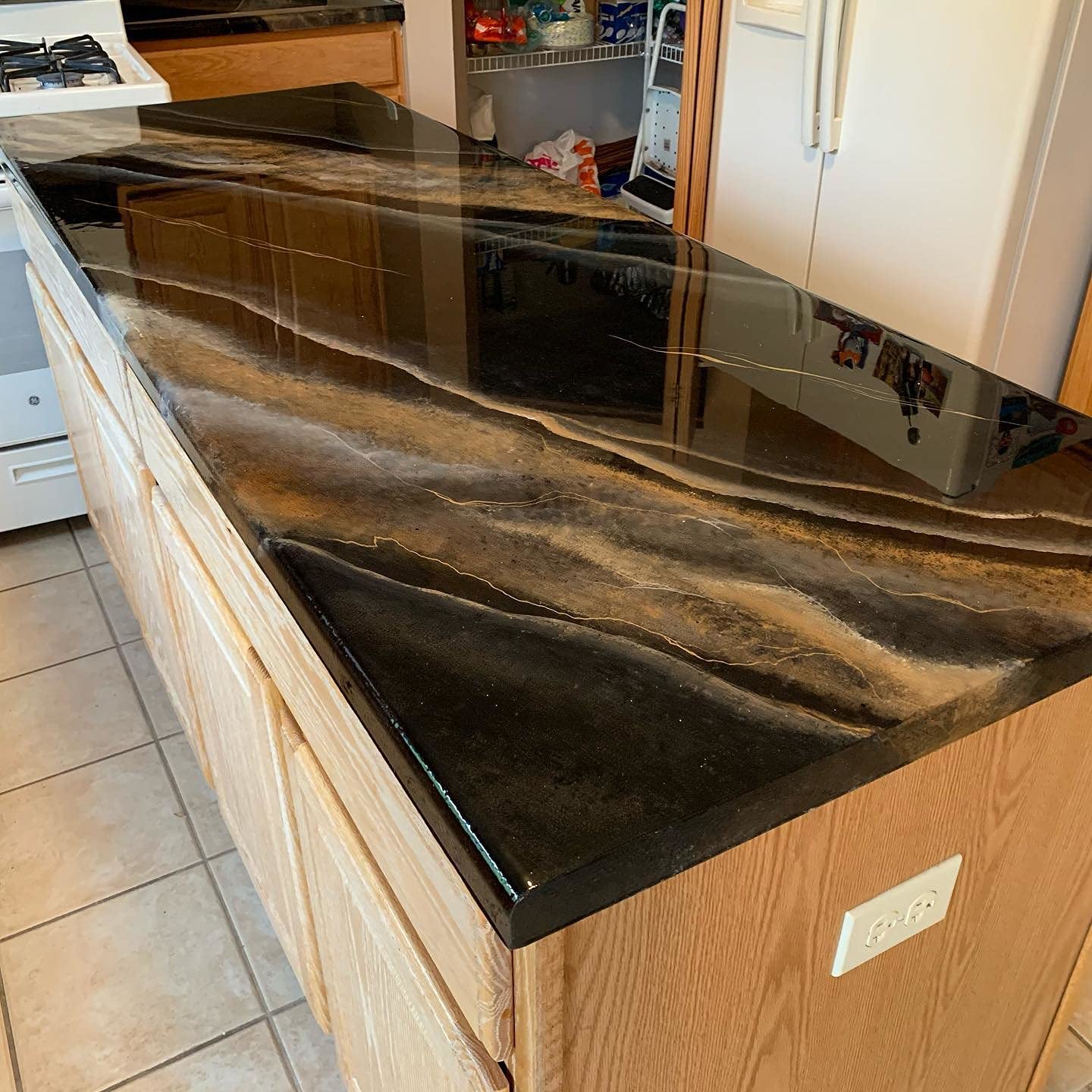
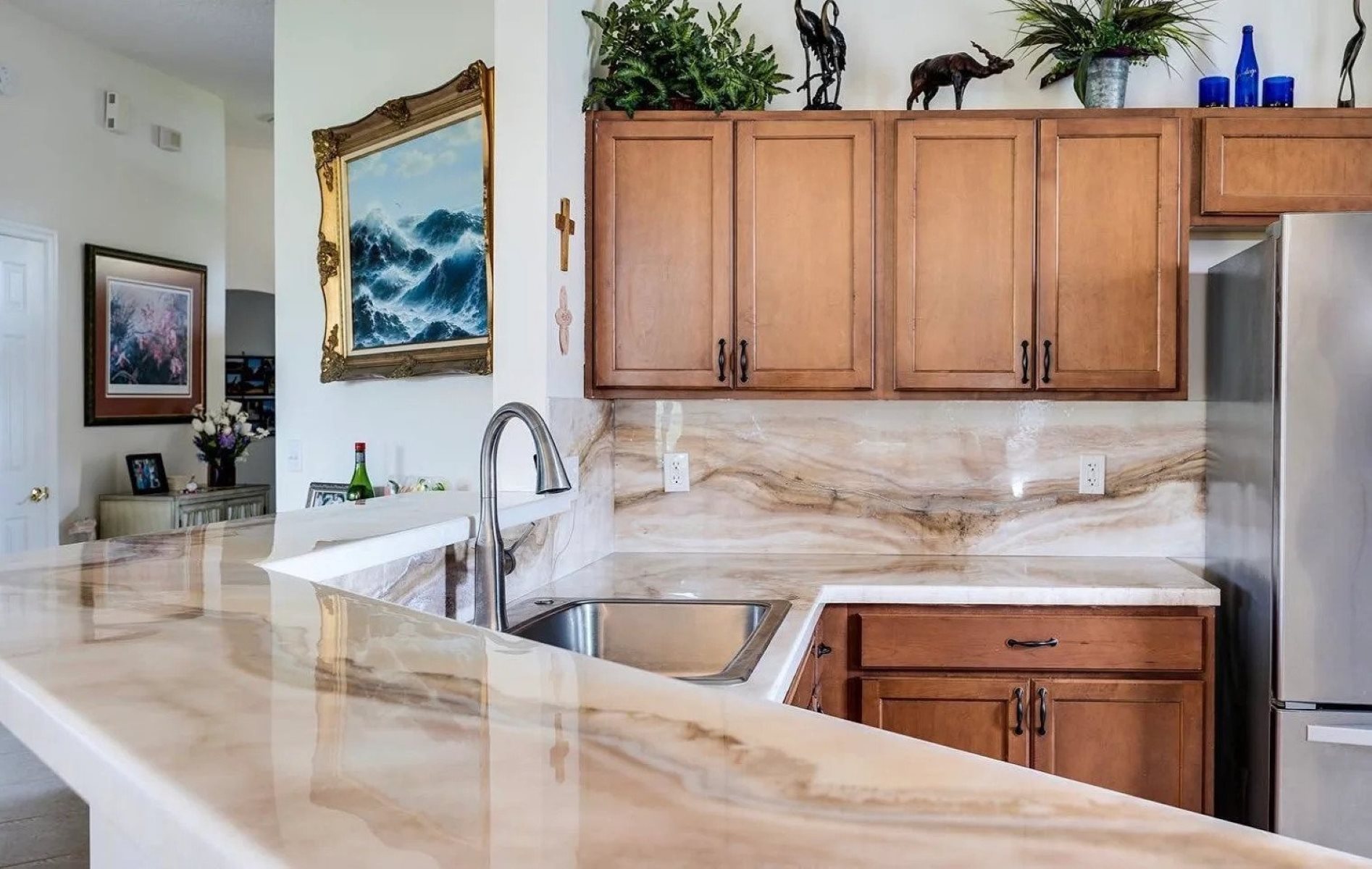
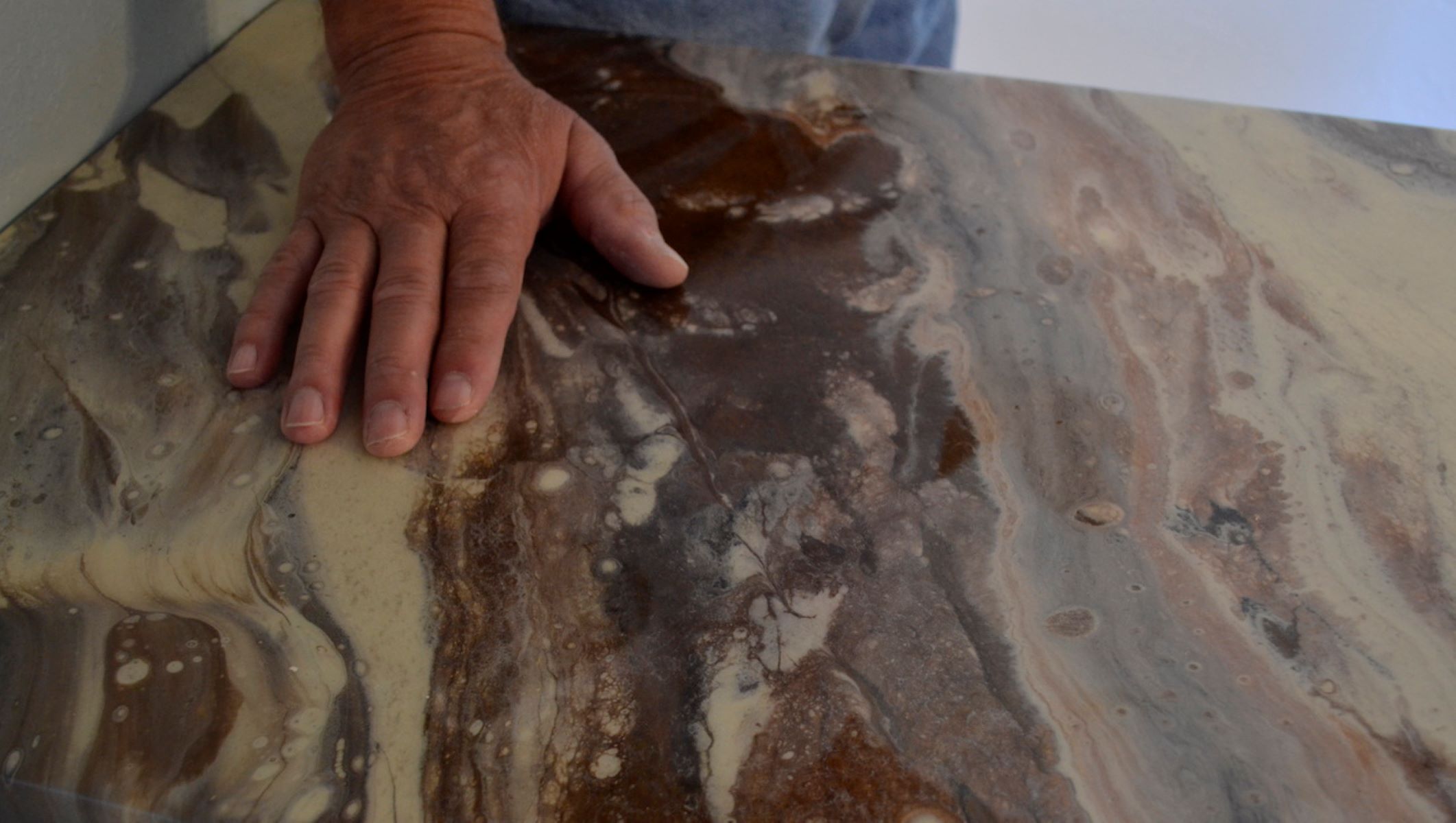
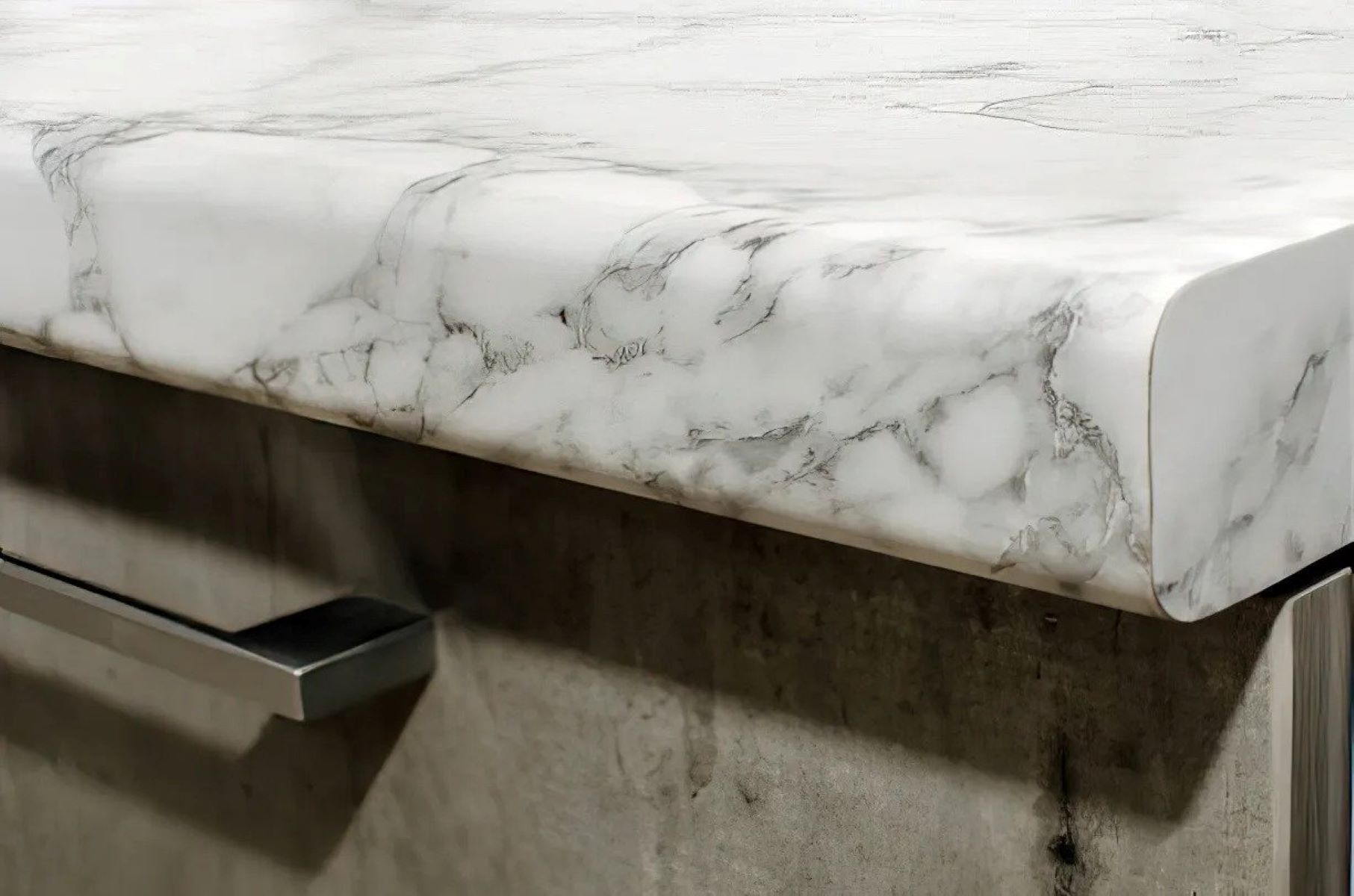
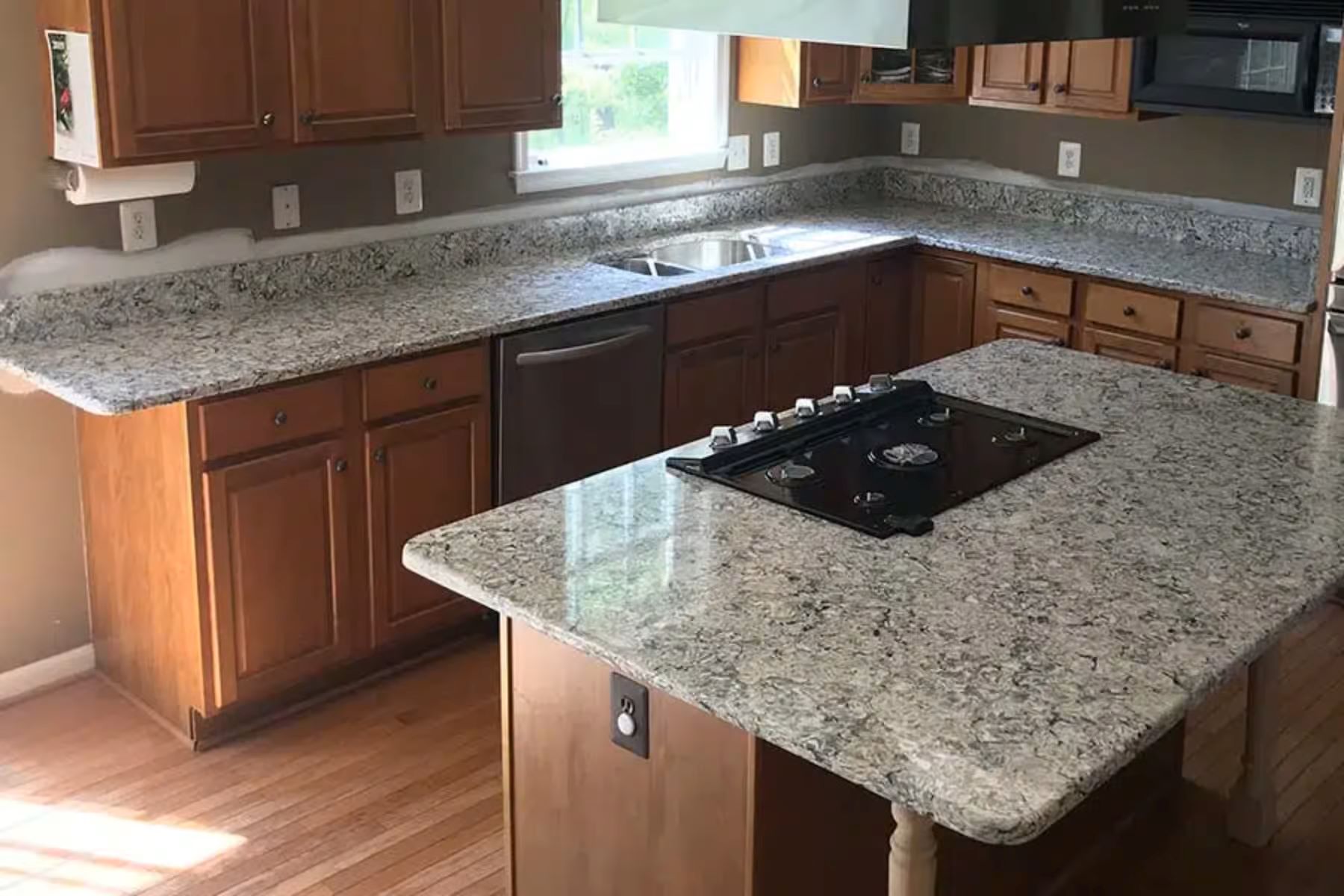
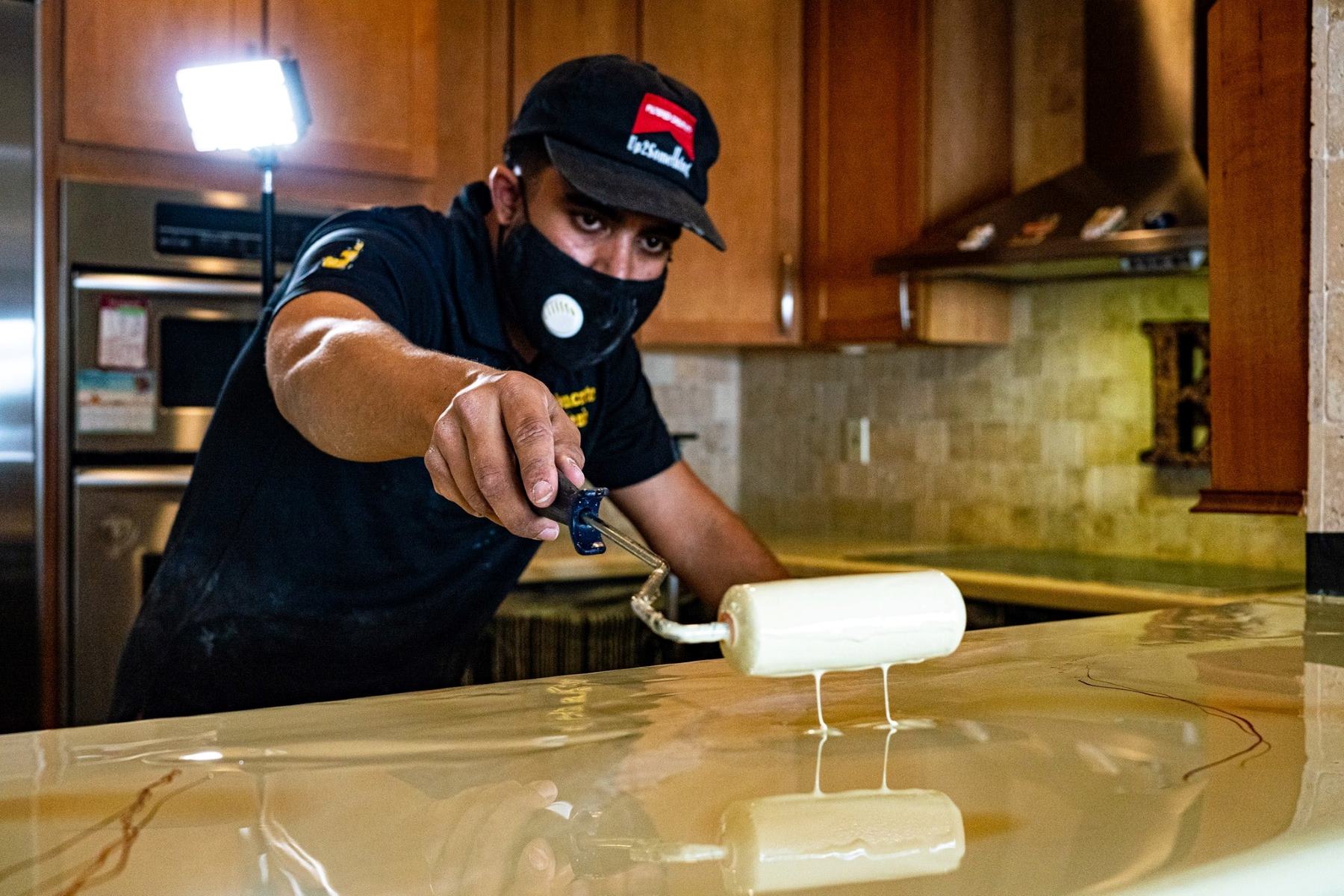
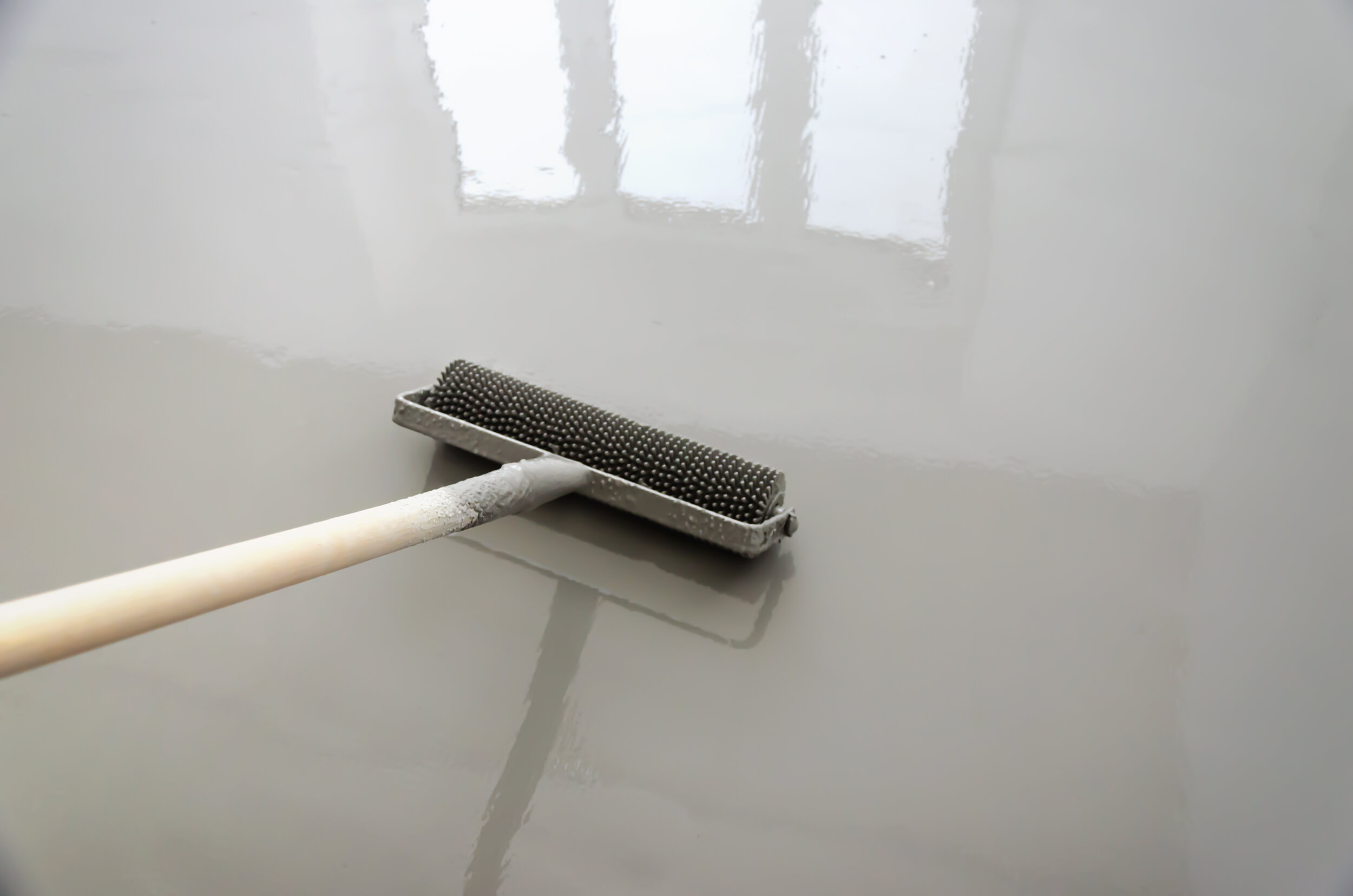
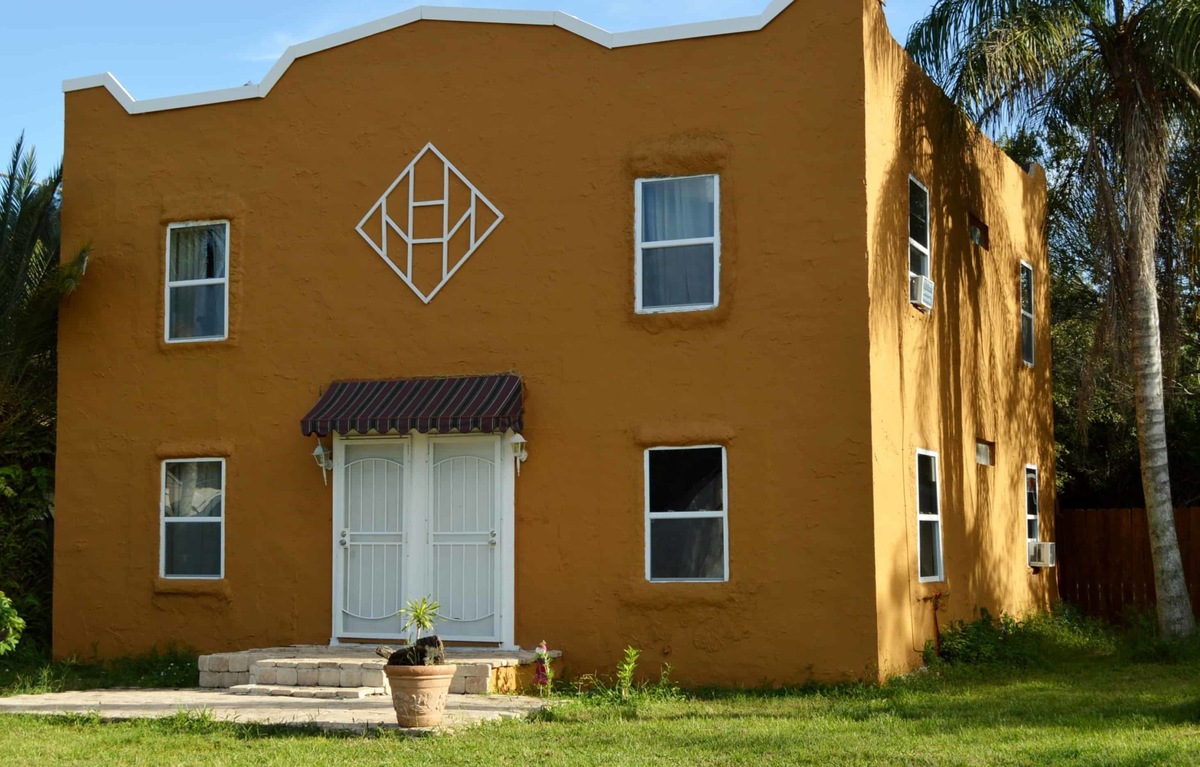
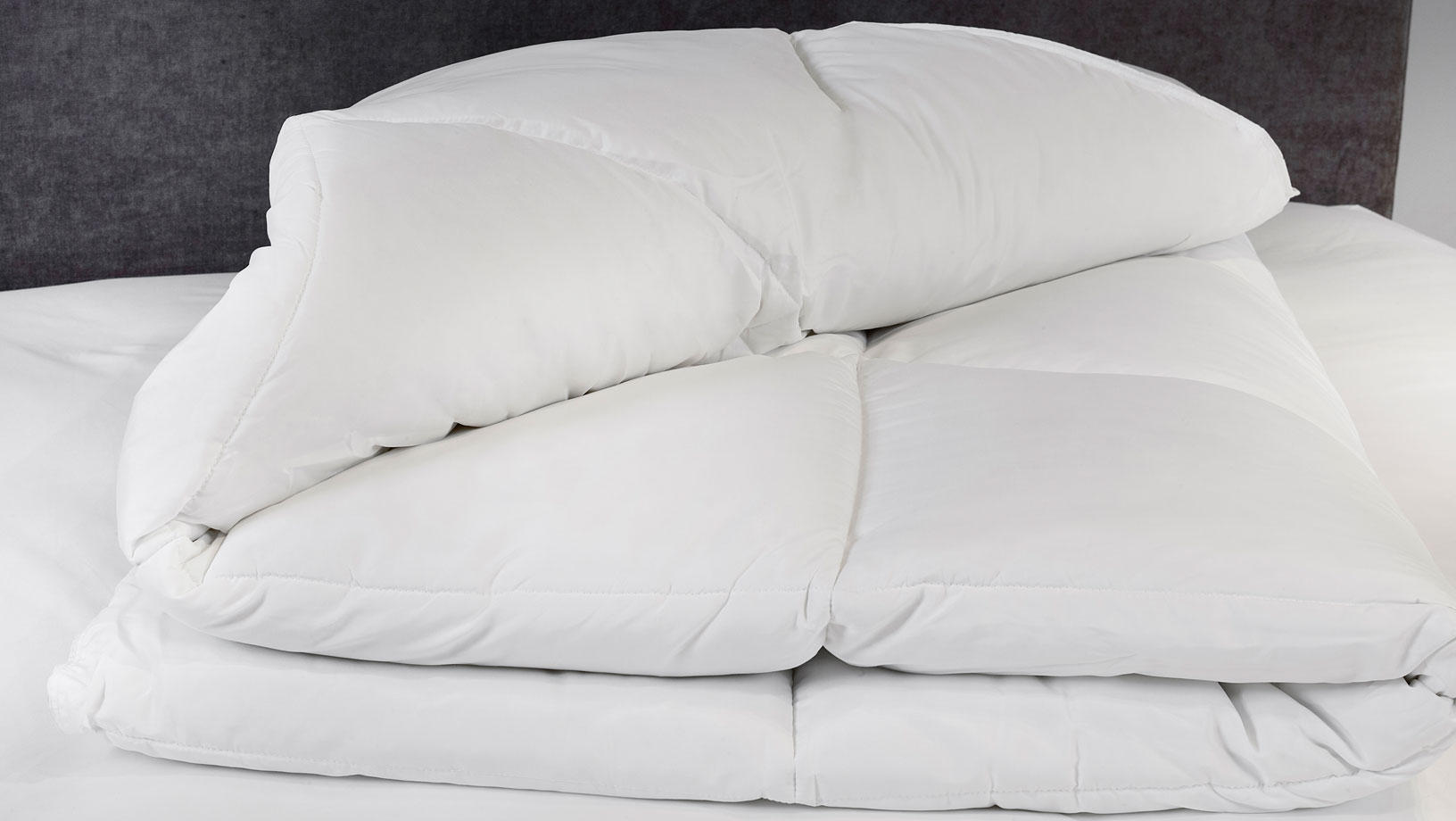

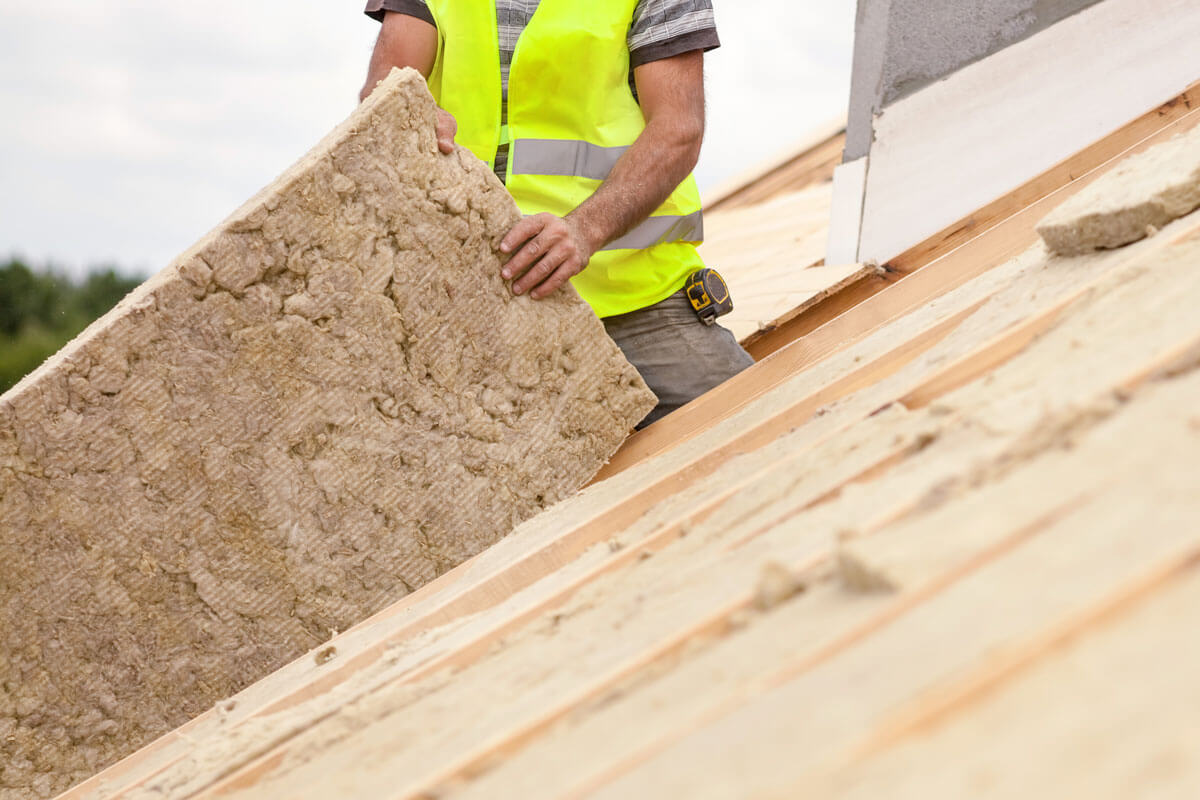
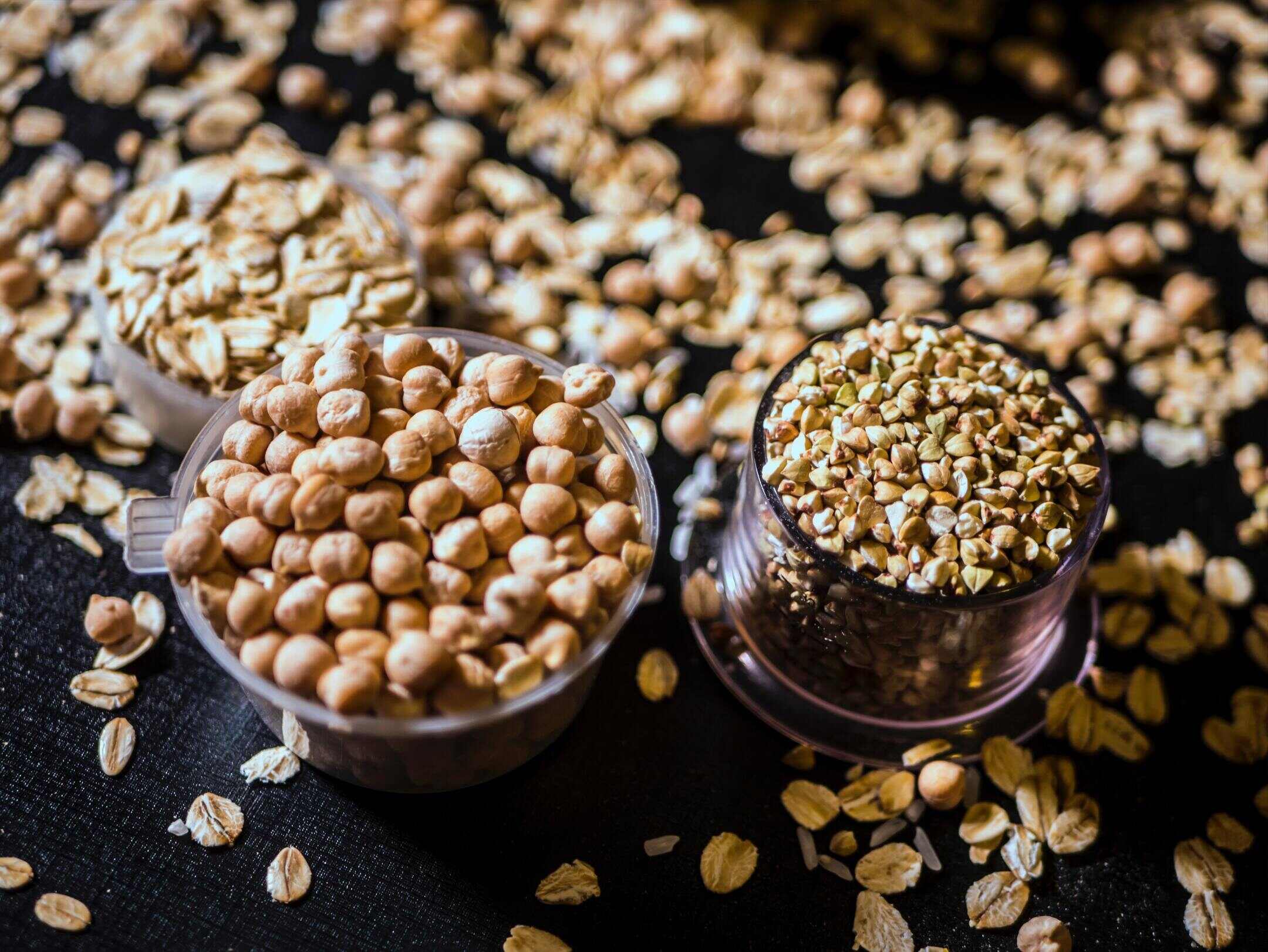

0 thoughts on “How Long Does Epoxy Countertops Last”